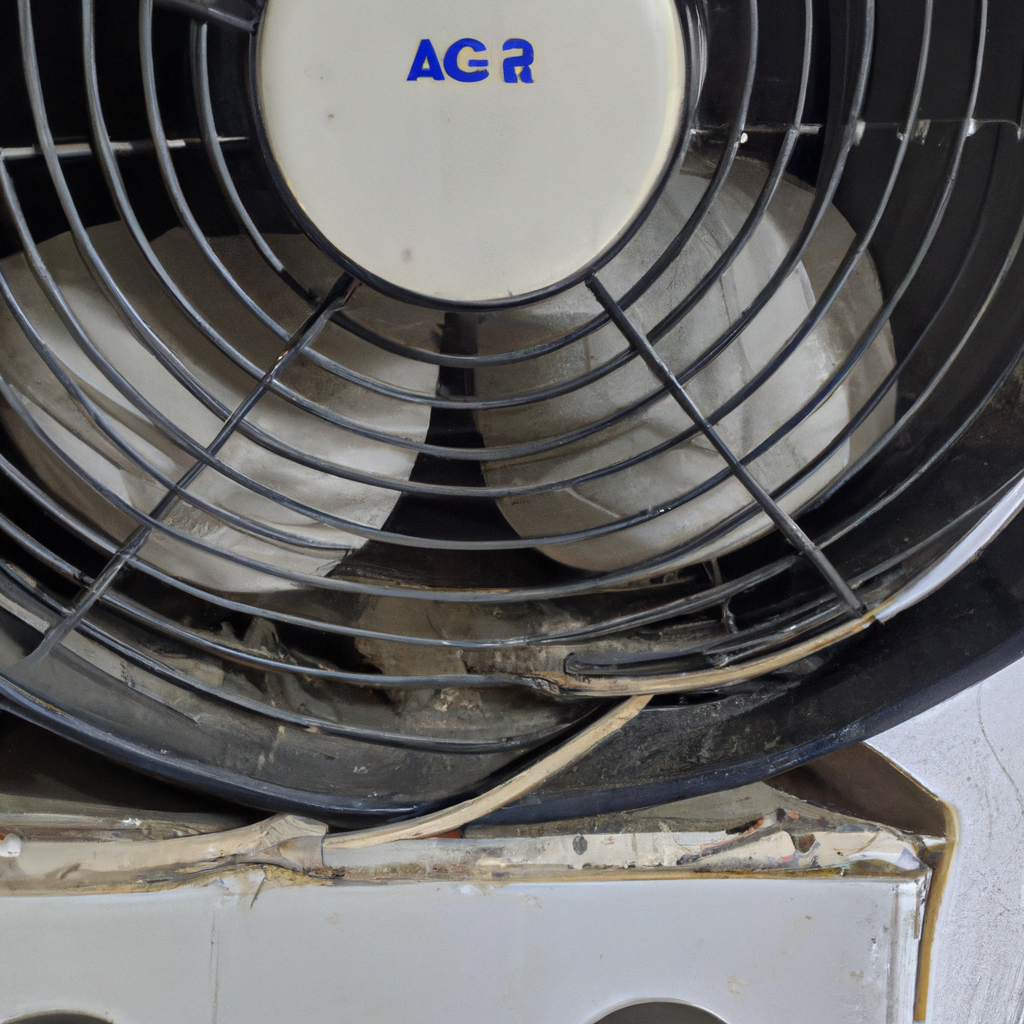Do you need to replace your AC but don’t know how long it will take? We’ve all been there – trying to figure out how long a project like this is going to take.
Well, replacing an AC isn’t always a one-size-fits-all answer. It depends on several factors including the size of the unit, the type of unit, and any additional work that needs to be done.
In this article, we’ll walk you through what you need to know in order to get a better understanding of how long it takes to replace an AC.
From determining whether or not you need a new unit, to getting one installed, we’ll cover the details so that you can decide if replacing your AC is something that you want to do yourself or if it’s best left for professionals. Not only will we look at the time frame involved, but also what goes into replacing an AC and some tips for making sure everything runs smoothly.
So let’s get started and find out just how long it takes to replace an AC!
Preparation For Installation
Preparing for the installation of a new air conditioner (AC) unit is essential for a successful replacement process. The first step is to plan out the AC system setup, ensuring that any necessary changes have been accounted for before beginning the installation process.
This includes checking the AC unit to make sure it’s compatible with the current system and determining if any additional components are needed. Additionally, it’s important to check all existing wiring and ductwork to ensure everything is properly configured.
Finally, it’s helpful to estimate the timeline of the replacement by considering factors such as labor costs and availability of parts. With these preparations taken care of, you can move on to the next stage in replacing an AC unit: understanding how long the process will take.
Process Of Replacing An Ac Unit

Now that the preparation for the installation is complete, the process of replacing an AC unit can begin. Replacing an AC unit typically involves four steps: ac unit selection, ac system inspection, ac unit cost estimation, and AC installation.
When selecting an AC unit, it is important to consider factors like size and efficiency to determine which unit will provide optimal performance. The size of the room should also be taken into account since a larger or smaller unit may be needed depending on the space.
Additionally, consultation with a professional HVAC technician can help ensure that all available options are considered when making a selection.
Next, the technician will inspect the system to identify any potential problems that need to be addressed prior to the installation of the new AC unit. This includes conducting tests on components such as air handlers and duct work to verify that they are in good working condition.
The technician may also recommend additional services such as insulation or ventilation upgrades if necessary.
Finally, once the inspection is complete and the ac unit selection has been made, then the cost of installation can be estimated. Depending on any additional services recommended by the technician during inspection, this could increase or decrease from the original estimate provided before beginning work.
The process of replacing an AC unit doesn’t have to take long if all steps are completed correctly and efficiently. However, there are potential delays and challenges that may arise throughout this process which should be taken into consideration when determining a timeline for completion.
Potential Delays And Challenges
Replacing an AC unit can take anywhere from a few hours to several days, depending on the complexity of the job. There are potential delays and challenges that could add time and costs to the installation process.
Weather conditions, such as extreme heat or cold, can make it difficult for technicians to work safely and efficiently outside. Additionally, if the unit is placed in an area with limited accessibility, this could also slow down progress.
Cost can also be a factor, as some of the components required for replacement may need to be specially ordered and/or shipped in.
Finally, it’s important to note that aftercare maintenance is essential to help ensure a long-lasting AC unit. Regular servicing helps maintain peak efficiency while minimizing repair costs down the road.
Aftercare Maintenance
Having discussed the potential delays and challenges in replacing an AC, let’s now consider the required aftercare maintenance. To ensure your AC is running efficiently, it is essential that you follow a consistent maintenance schedule.
A typical AC maintenance plan will include inspecting the system for any issues, such as leaks, as well as cleaning and testing parts of the air conditioner. Additionally, you should have an AC tune-up performed at least once a year to ensure its optimal performance.
The most important aspect of maintaining your AC is keeping its filter clean. It is recommended that you change or clean the filter every two months for optimal air circulation.
Additionally, make sure to check for dust buildup on other components of the unit regularly. While this may seem like a tedious task, it will help keep your air conditioner running smoothly and prevent costly repairs down the road.
In summary, regular maintenance and inspection of your AC are key to prolonging its lifespan and avoiding unexpected breakdowns or costly repairs. By following these simple steps, you can ensure that your air conditioner will continue to provide reliable cooling without fail.
Conclusion
In conclusion, replacing an AC unit is a significant and potentially time consuming project. It’s important to do your research beforehand and be sure to take all necessary steps in order to ensure a successful installation.
If you’re prepared for potential delays and challenges, the process should go more smoothly. Aftercare maintenance is also essential; it helps keep your new unit running efficiently, saving you money long-term.
Replacing an AC unit is a big undertaking but with the right preparation and care, it can be done quickly and successfully.
By taking the time to properly prepare for installation, researching any potential delays or challenges, and following up with regular maintenance, you can make sure that your new AC unit will be up and running quickly while also lasting you many years to come. Don’t forget that if you’re ever unsure of what to do or need help along the way, there are plenty of experts out there who are happy to assist.
Ultimately, when it comes to replacing an AC unit, the length of time it takes will depend on how well you prepare yourself beforehand and how willing you are to handle any issues that may arise during the process. With proper planning and execution though, this project doesn’t have to be too overwhelming – just take your time!




